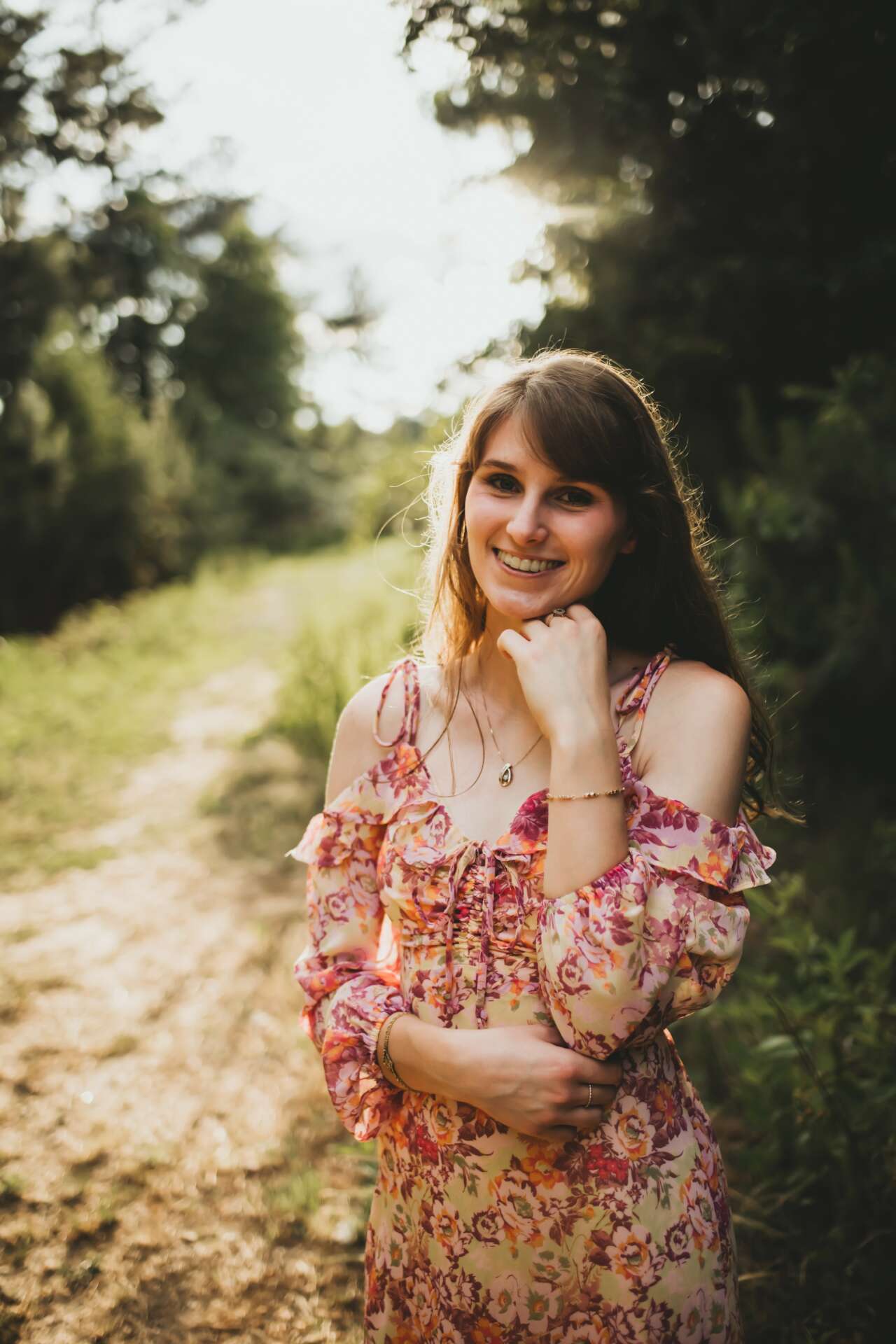We recently connected with Nicole Zatkowski and have shared our conversation below.
Hi Nicole, thanks for joining us today. Are you happier as a creative? Do you sometimes think about what it would be like to just have a regular job? Can you talk to us about how you think through these emotions?
I am very happy as a creative. Being on set is certainly the most fulfilling job I have been blessed to experience. I do certainly wonder at times what it would be like to have a regular job and it’s never something I can imagine myself doing. Even from the moment I knew I was going to college, I knew I wanted to go to an art school and not a community college or any kind of non artistic university. Choosing this path as an artist was certainly a choice I will never regret and I am so grateful to have a family that supports me and encourages me to pursue this dream.
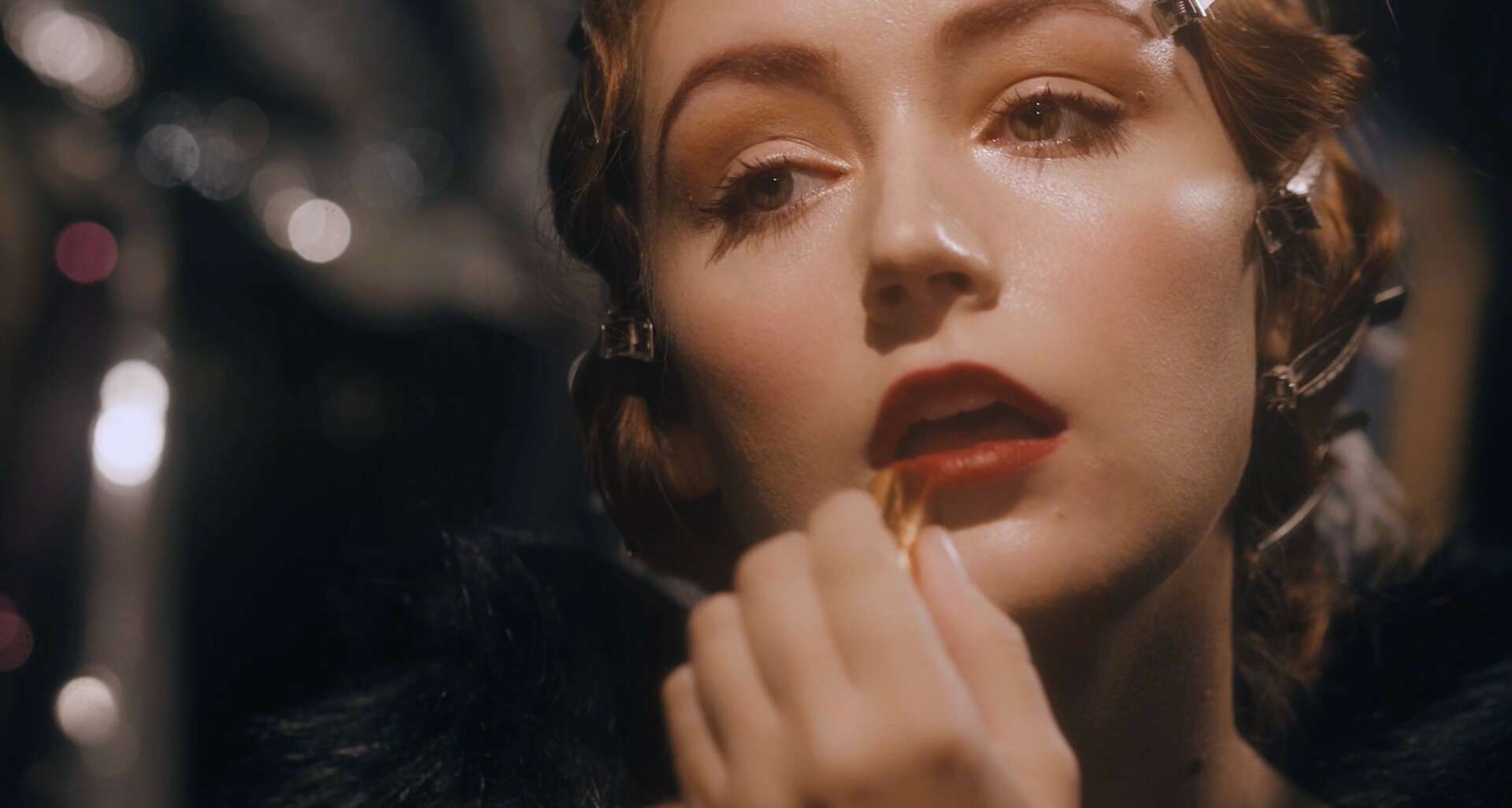
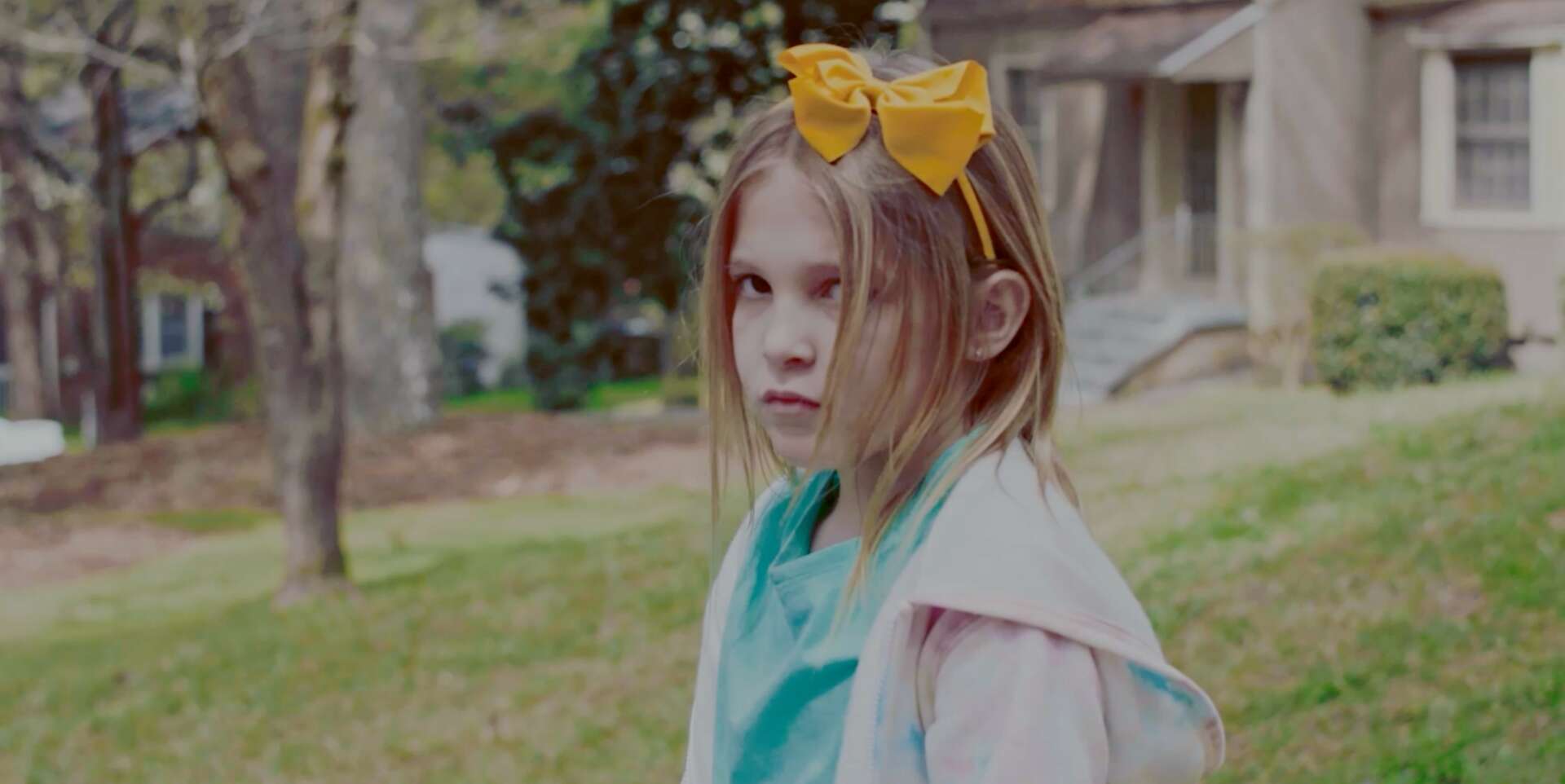
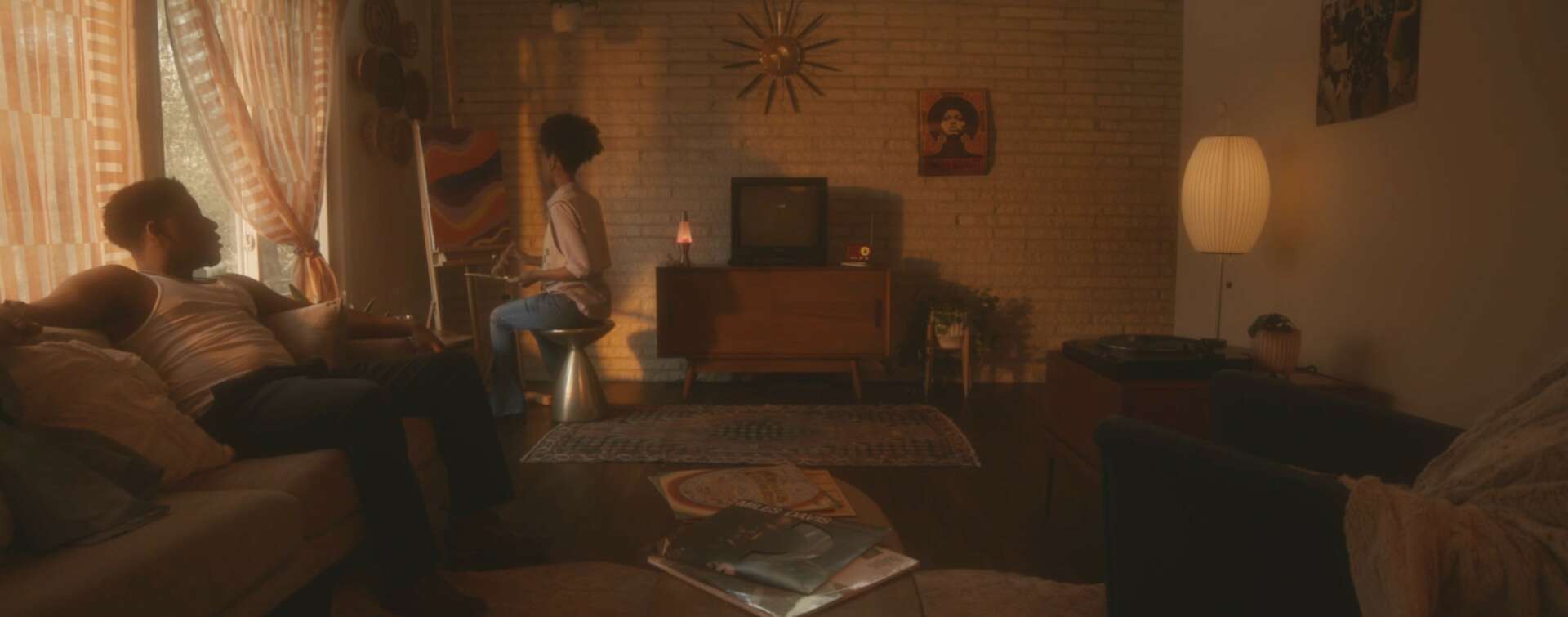
Great, appreciate you sharing that with us. Before we ask you to share more of your insights, can you take a moment to introduce yourself and how you got to where you are today to our readers.
I work in the film industry as the camera department head, a Cinematographer (aka: Director of Photography or DP) and a Camera Assistant on Feature and Short Films. I work alongside the Director, Producer, Production Designer, Gaffer (lighting technician), Art Department, and many others. I have always loved movies and TV shows growing up. My best friend would have me camera operate his short films and that’s where I discovered my love for the camera and that I wanted to be a Camera Operator at first.
While in high school, my brother and I watched behind the scenes DVDs of TV shows and movies and I loved getting to see the crews work together. I remember feeling so curious about the camera set ups and what they were and who was in charge of that. Additionally during my high school days, I took media and photography classes and loved every second of it. I graduated in 2018 earning the Media Arts Award which was the first indication from God that this was my career path I should continue in college.
Then college came around and this was where I found my passion for Cinematography through lighting and shot design. I attended SCAD Atlanta from 2018-2022. In my Sophomore year my professor critiqued my midterm project which he had everyone in class embody the roll of the Cinematographer. His comments to me were that he strongly encouraged me to pursue the role of the Cinematographer since he knew I only wanted to camera operate. He saw my passion, knowledge, and creative eye for this profession even when I didn’t see it myself.
Since then, in my Junior and Senior years at SCAD, I took on the role of Cinematographer and Camera Assistant for about 7+ student projects. My projects have screened at film festivals around the South East, including SCAD’s very own Savannah Film Festival and they have won awards such as Best Student Film, Best Local Short, etc. I am blessed to have these opportunities to connect with other filmmakers around the states. My only goal for each project I take on is to bring forth the vision and emotions that my fellow creatives want to convey in their stories.
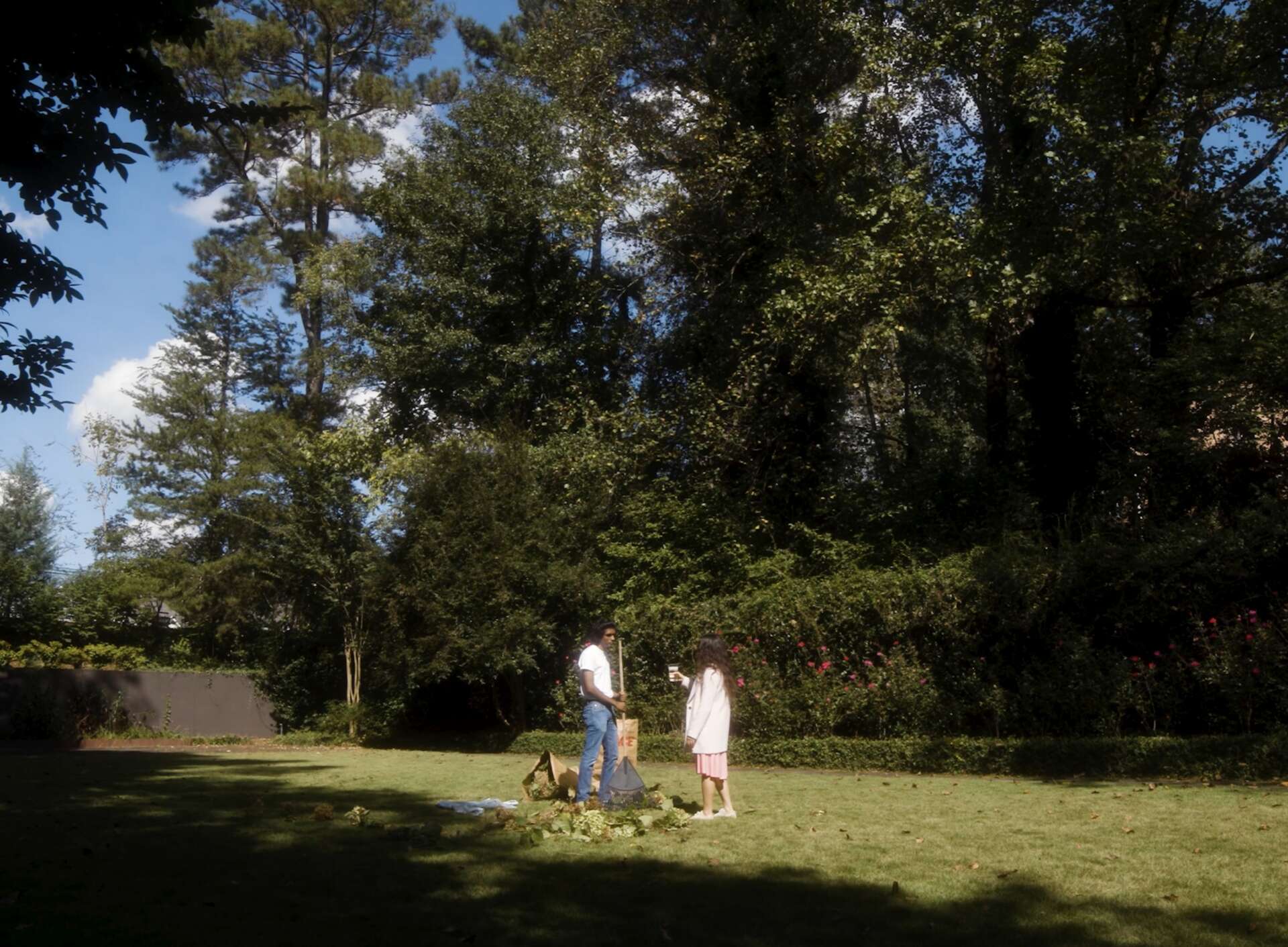
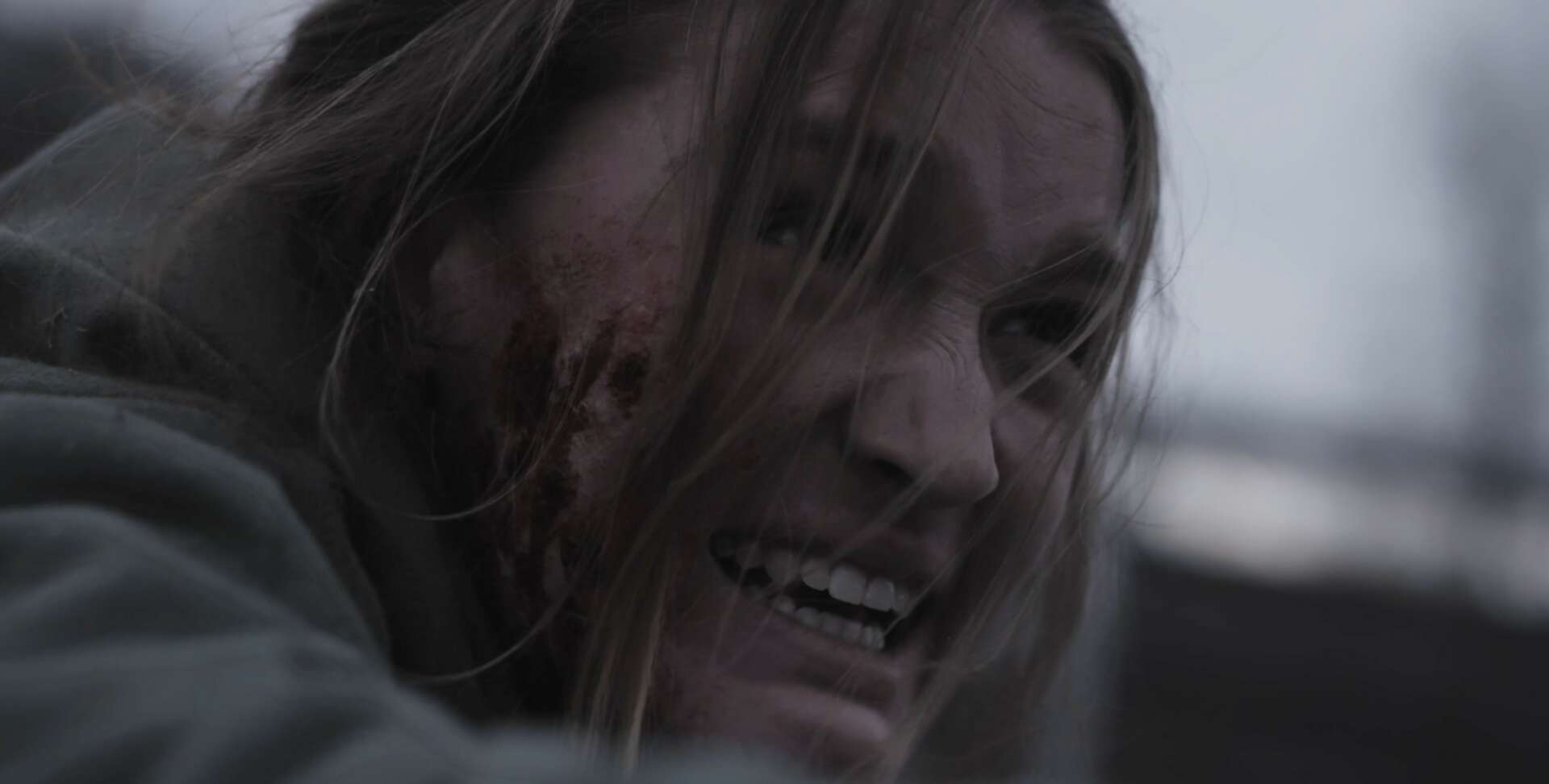
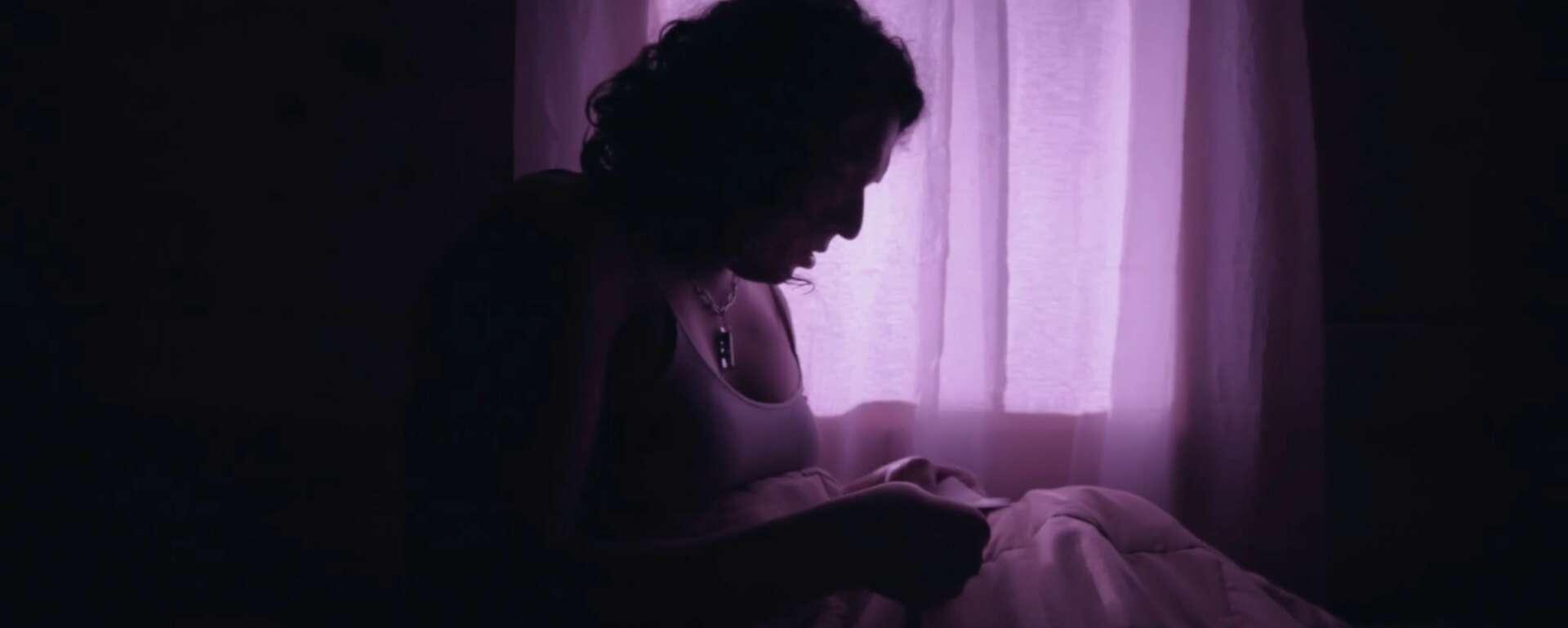
For you, what’s the most rewarding aspect of being a creative?
I feel the rewarding aspects of my job in two instances: while on set, and after set.
While on set:
I absolutely LOVE hearing the creatives around me, whether it’s the Director, Production Designer, Gaffer, express how they feel when they see their vision from Pre-Production come to life on that director’s monitor. Whether my lighting and shot direction has anything to do with this or not, working with people who are as passionate as me about creating art through the moving image is the most rewarding feeling for me.
While after set:
I will admit one thing; and I am sure every creative has been here, I get nervous when other people watch my work. BUT it’s when I hear people reacting to what they are watching that I feel the full circle moment of fulfillment. I want them to feel whatever that emotion may be that they see on the screen whether it’s happiness or sadness or shock. To be surrounded by people who have not been on that project who are then connecting to what they see while also connecting to one another is a beautiful moment that I am blessed to be able to witness during screenings.
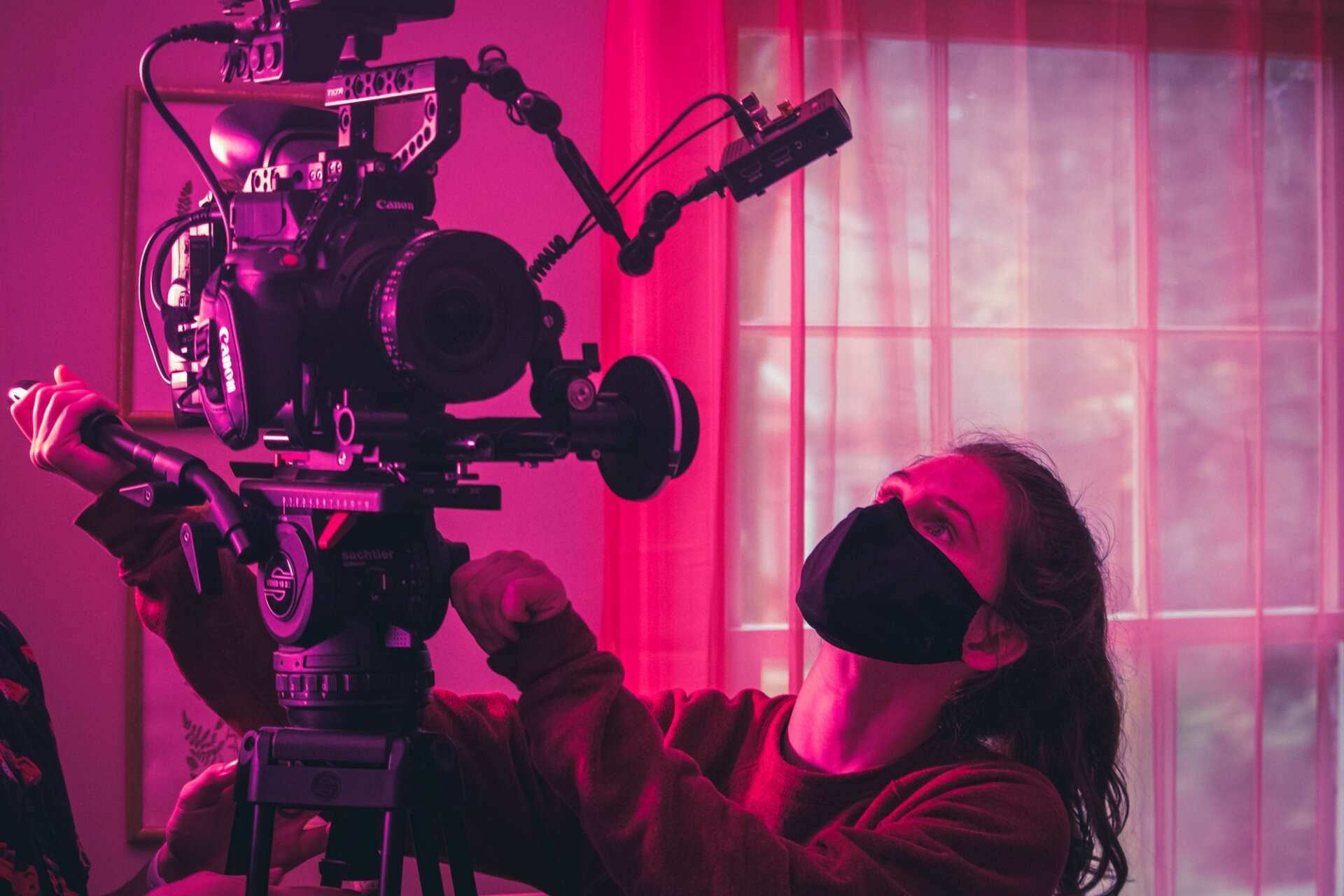
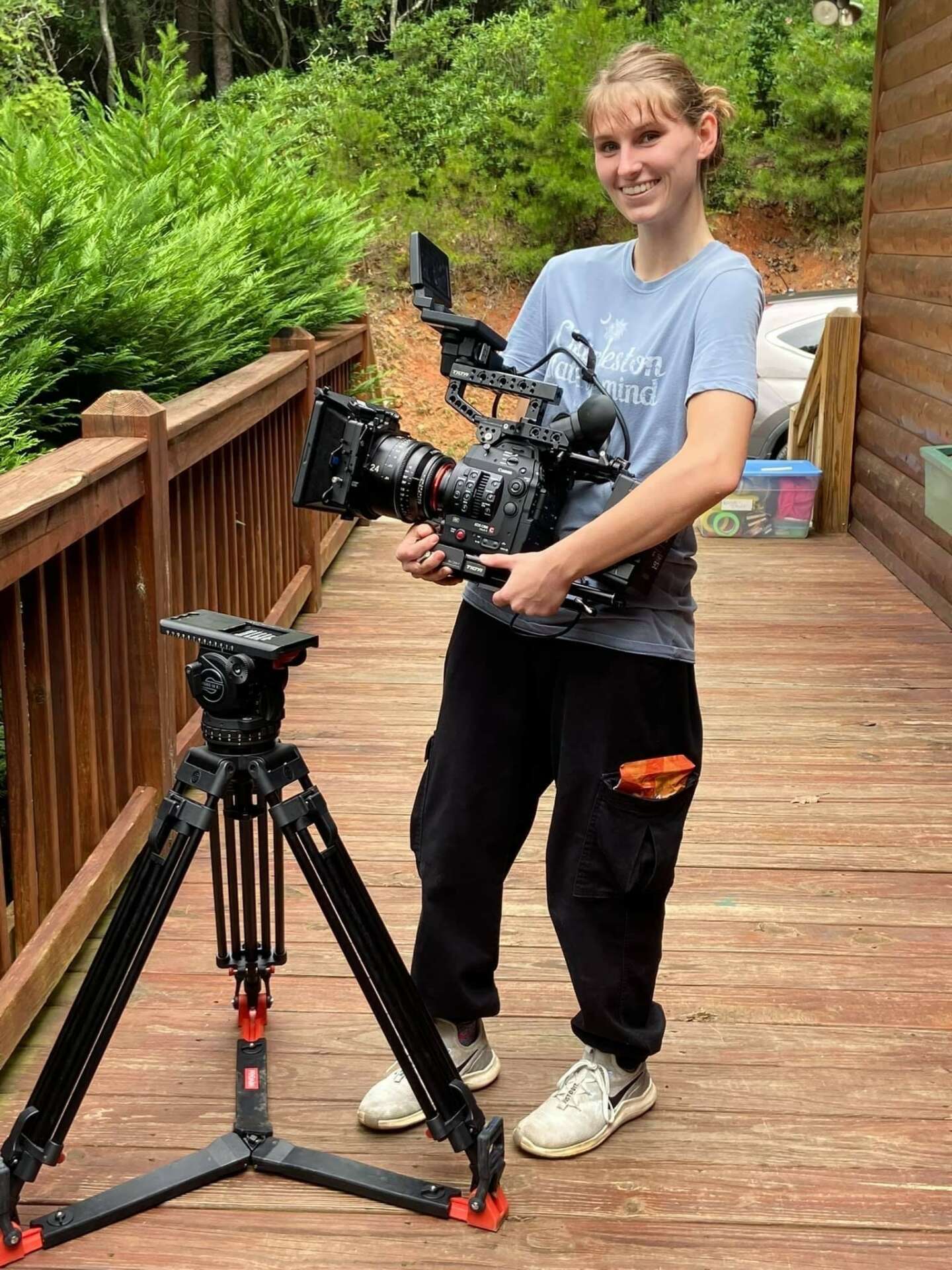
Have any books or other resources had a big impact on you?
In college there was a professor who always told us that the lens was the most important aspect of the film and its importance carries through from Pre-production all the way to Post-production. I understood this concept but didn’t start to truly understand this until I made more films and met more people. The most wonderful, in depth, technical cinema lens book was recently published called The Cine Lens Manual written by Christopher Probst and Jay Holben. This book dives into 10 years worth of research of the technical aspects of almost every lens you can think of. I wish this book was around during my college years and I can only hope now that it is a required textbook.
Of course, a Director of Photography does not need to know everything about a lens, BUT it does wonders when, as creatives, we can understand the depths of what a lens can do and how it can add to the story. All of this research now helps Cinematographers who can then further inform and inspire the Director they are working with to pick the right lens that perfectly aligns with their vision. I couldn’t think of any other kind of wonderful book out there that could be made. Perhaps next there could be a book for all the cinema camera enthusiasts out there, such as myself, that dives into 10 years of research of all the different types of cameras from analog to digital!
Contact Info:
- Website: https://www.nicolezatkowski.com/
- Instagram: https://www.instagram.com/nicolezatkowski_dp/
- Linkedin: https://www.linkedin.com/in/nicolezatkowski/
Image Credits
Picture of me in my dress: Southern Dust Photography


